Born in Suriname • Studied Mathematics at Leiden University, The Netherlands • Highest Degree PhD in Mathematics • Lives in Suriname • Occupation Professor at the Anton de Kom University, Suriname
I think that I have always been interested in mathematics. I was a curious child and I liked puzzling. I always requested puzzles for my birthday, like the Jigsaw ones. At school, mathematics was my favorite subject. Moreover, my father is also a mathematician. So by the time that I had to choose a course of study at university, it was very clear that it had to be mathematics.
I was not actively pursuing an academic career when I started university.
Given that Suriname was a former Dutch colony, it was very common for Surinamese students to study in the Netherlands. So it was almost a natural choice for me to go there as well. All my school mates went to the Technical University in Delft, but I decided to go to Leiden University: the same university where my father had studied.
I was not actively pursuing an academic career when I started university. I do remember reading the leaflet that described all the steps leading to a PhD and beyond. At that moment, I realized that that was what I wanted for myself. After I did my final thesis in Leiden, my thesis advisor moved to the University of Amsterdam. He asked me whether I was interested in becoming his PhD student. Still, I was not sure what to do at that moment: I had been in the Netherlands for five years already and I was ready to go back home to Suriname. When I discussed this with my parents though, they persuaded me to stay and to take the opportunity, so I did. Now, I can say that I am very happy with my decision!
The academic life here mainly revolves around teaching, and there is no real research environment. But we are working hard to change this.
When I came back from the Netherlands after my PhD there was no mathematics department at the Anton de Kom university and I was hired in the School of Technology instead. The academic life here mainly revolves around teaching, and there is no real research environment. But we are working hard to change this. Our bachelor program in mathematics recently got accredited and we are trying to build a research culture. One of the main difficulties we are facing is the lack of expertise: I am the only person with a PhD in mathematics in the country. Suriname is a very small country with a population of around 500,000 people, so it is common to be the only one with a certain expertise. But it is a nice challenge, and I like it!
My advice to young students who enjoy mathematics is to follow your heart. If mathematics is where your heart is, then do it! It is a beautiful subject.
To overcome this lack of expertise, we are initiating more collaborations with foreign universities. For instance, the pandemic opened new possibilities for our students: they could now follow online lectures from universities all around the world. I hope that similar opportunities will continue after Covid-19 and that they will become official partnerships, as this will provide more opportunities to our students.
My advice to young students who enjoy mathematics is to follow your heart. If mathematics is where your heart is, then do it! It is a beautiful subject. If you like puzzling, it is very fulfilling. Furthermore, mathematics provides you with a training in abstract thinking that you can use anywhere!

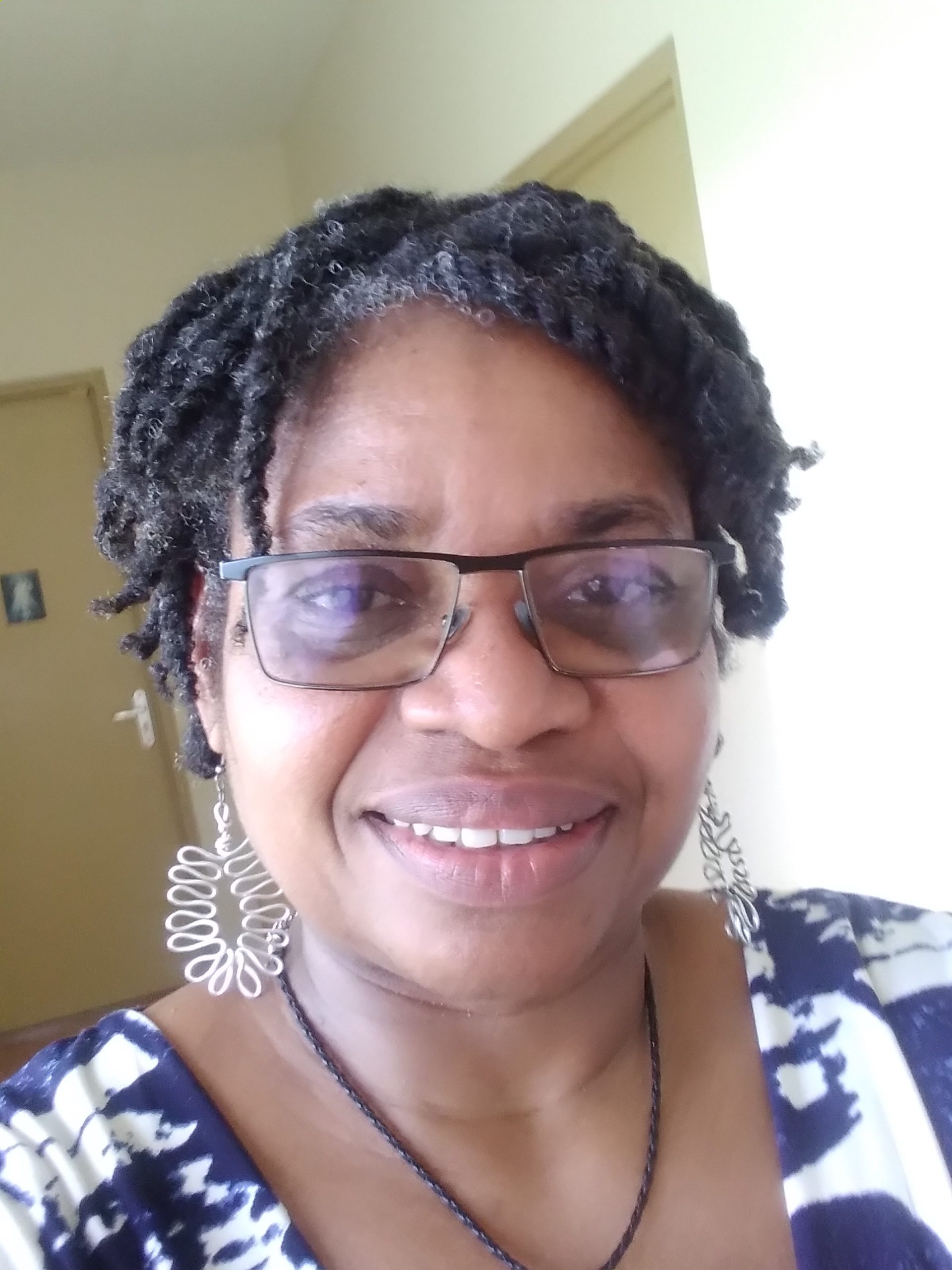

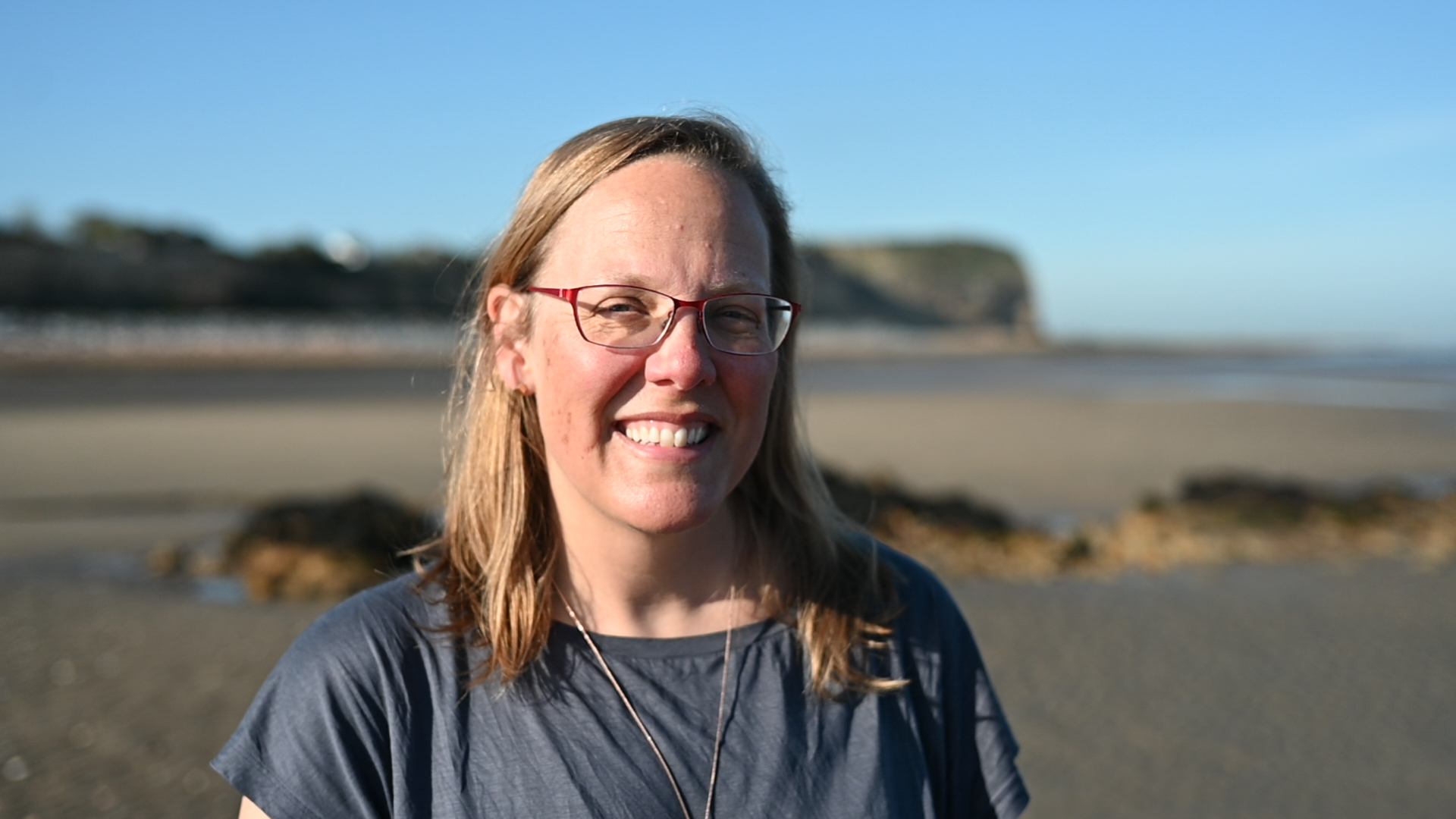



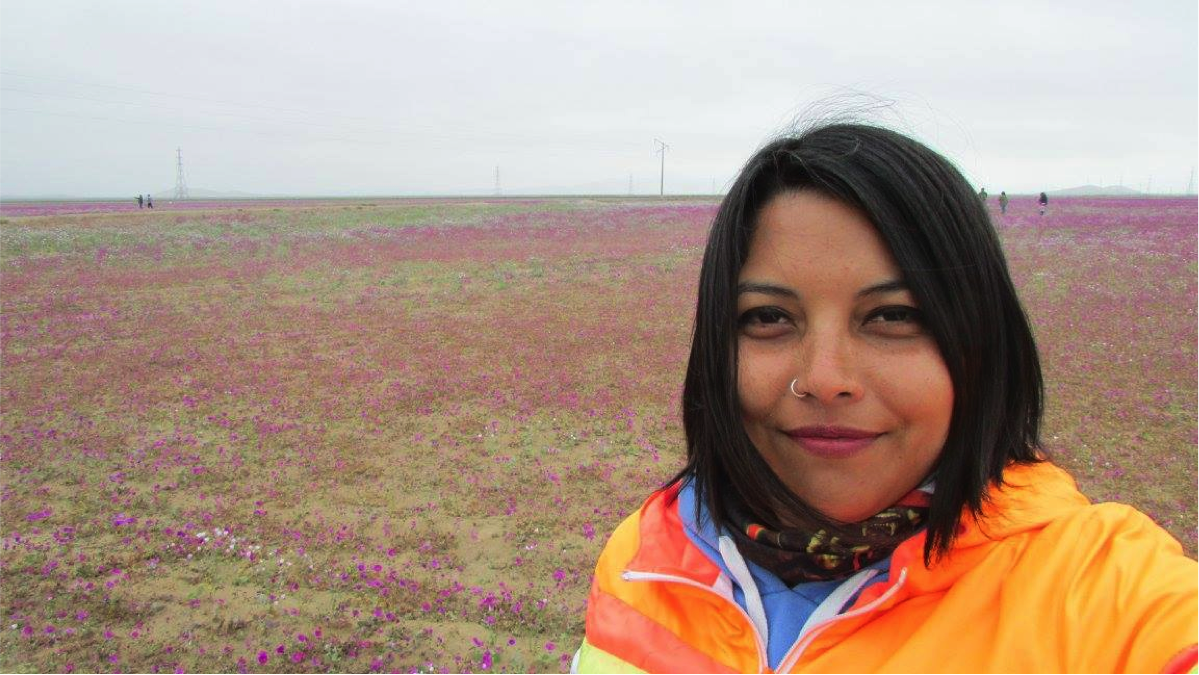
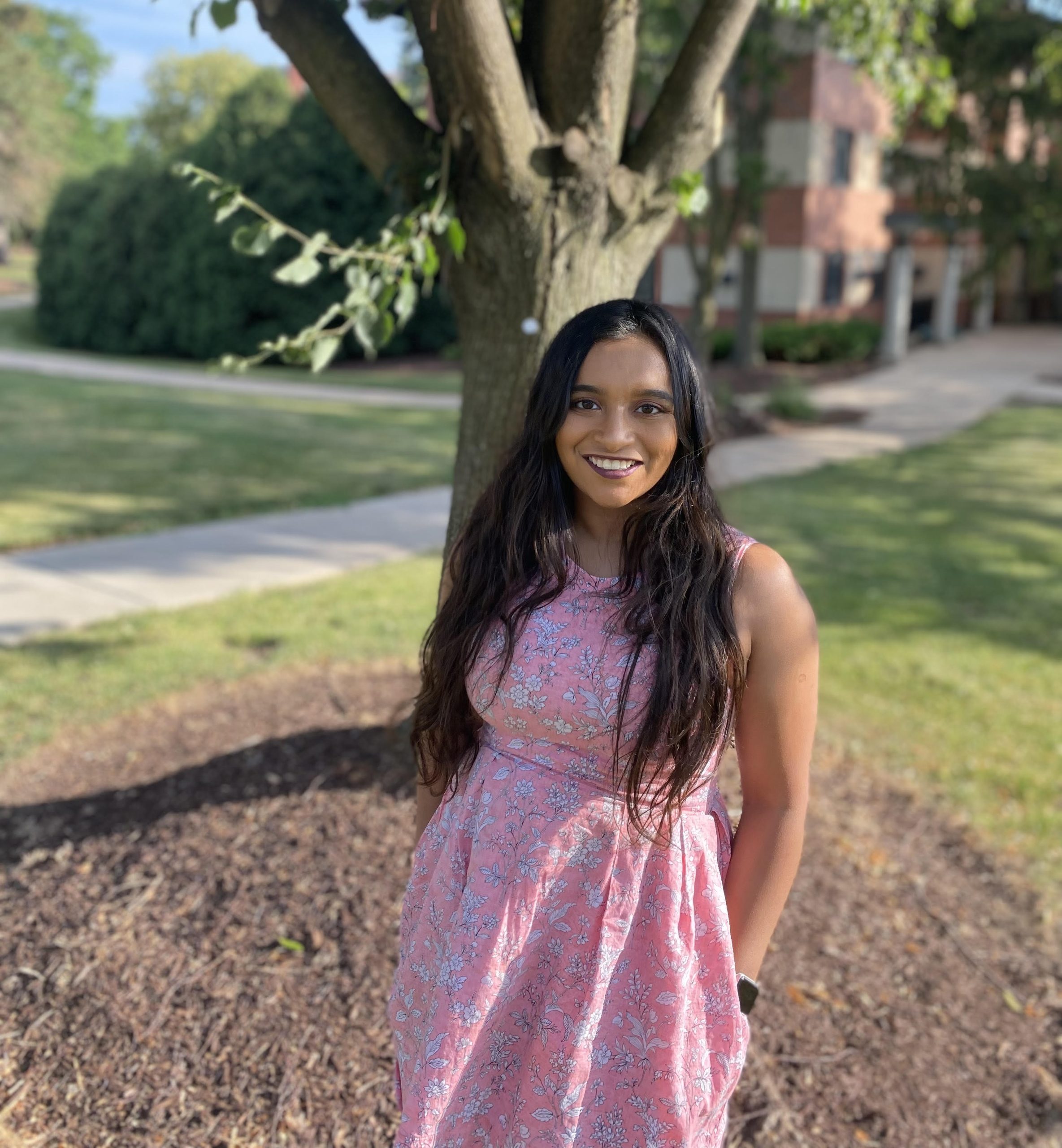
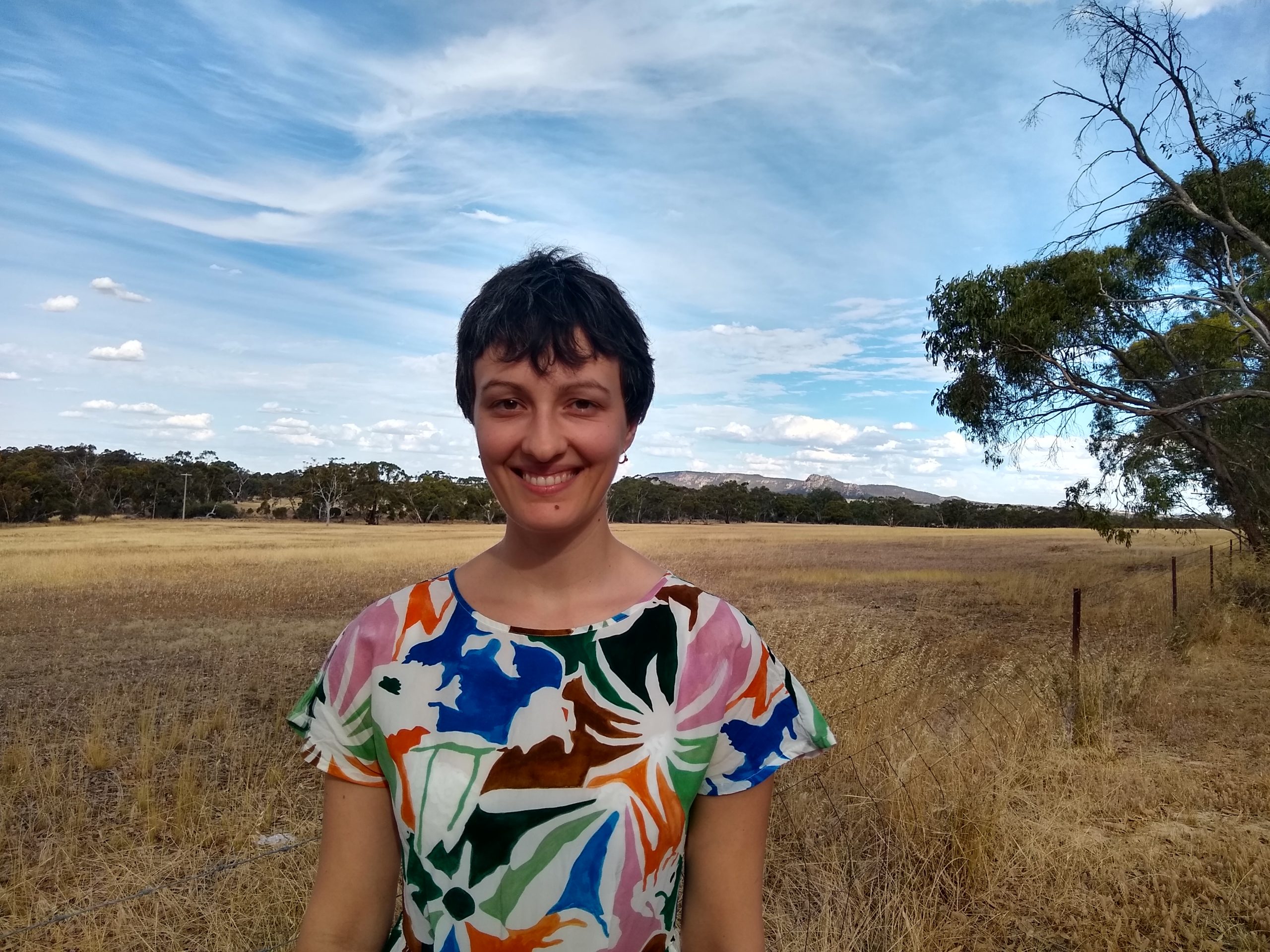
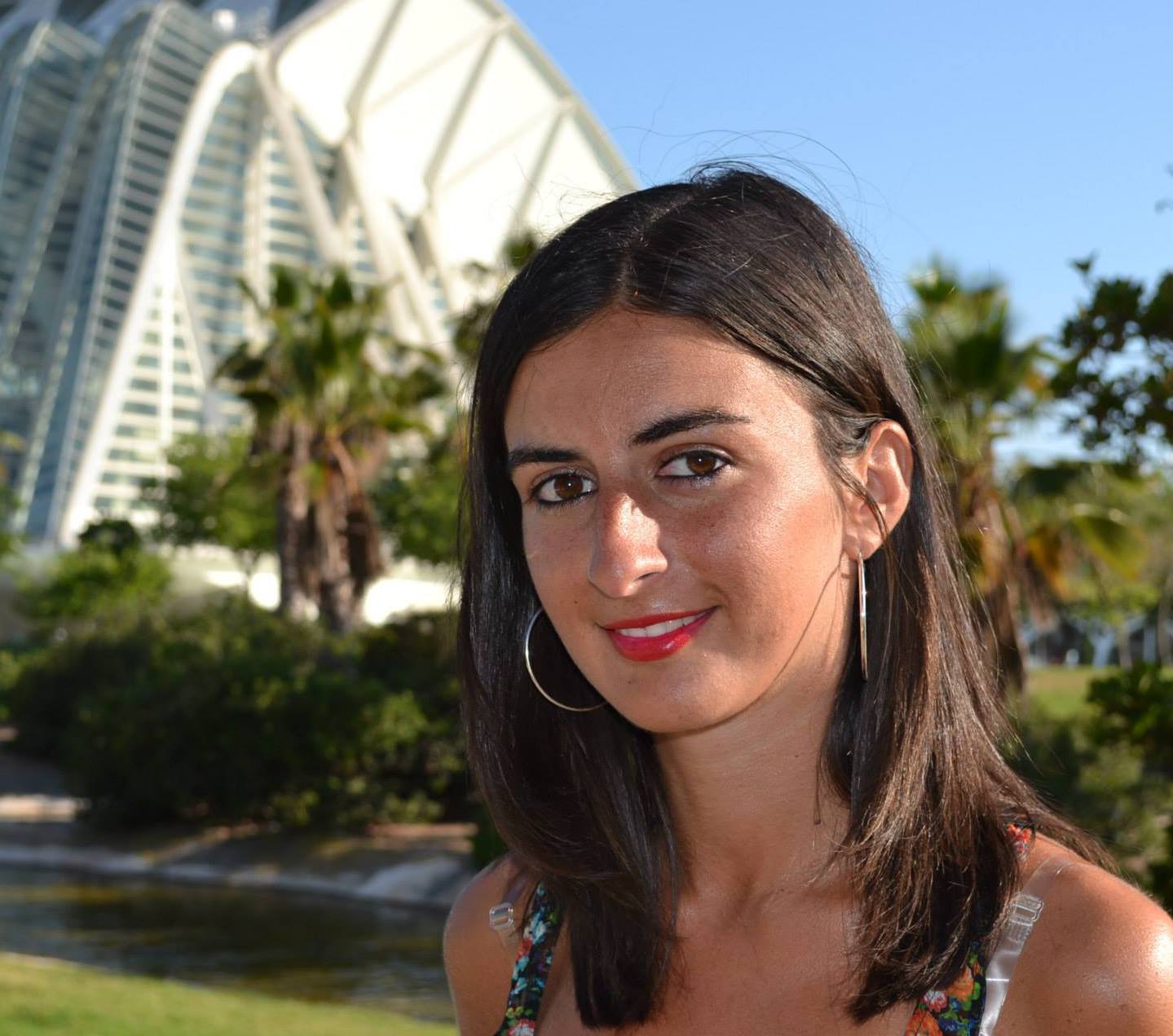
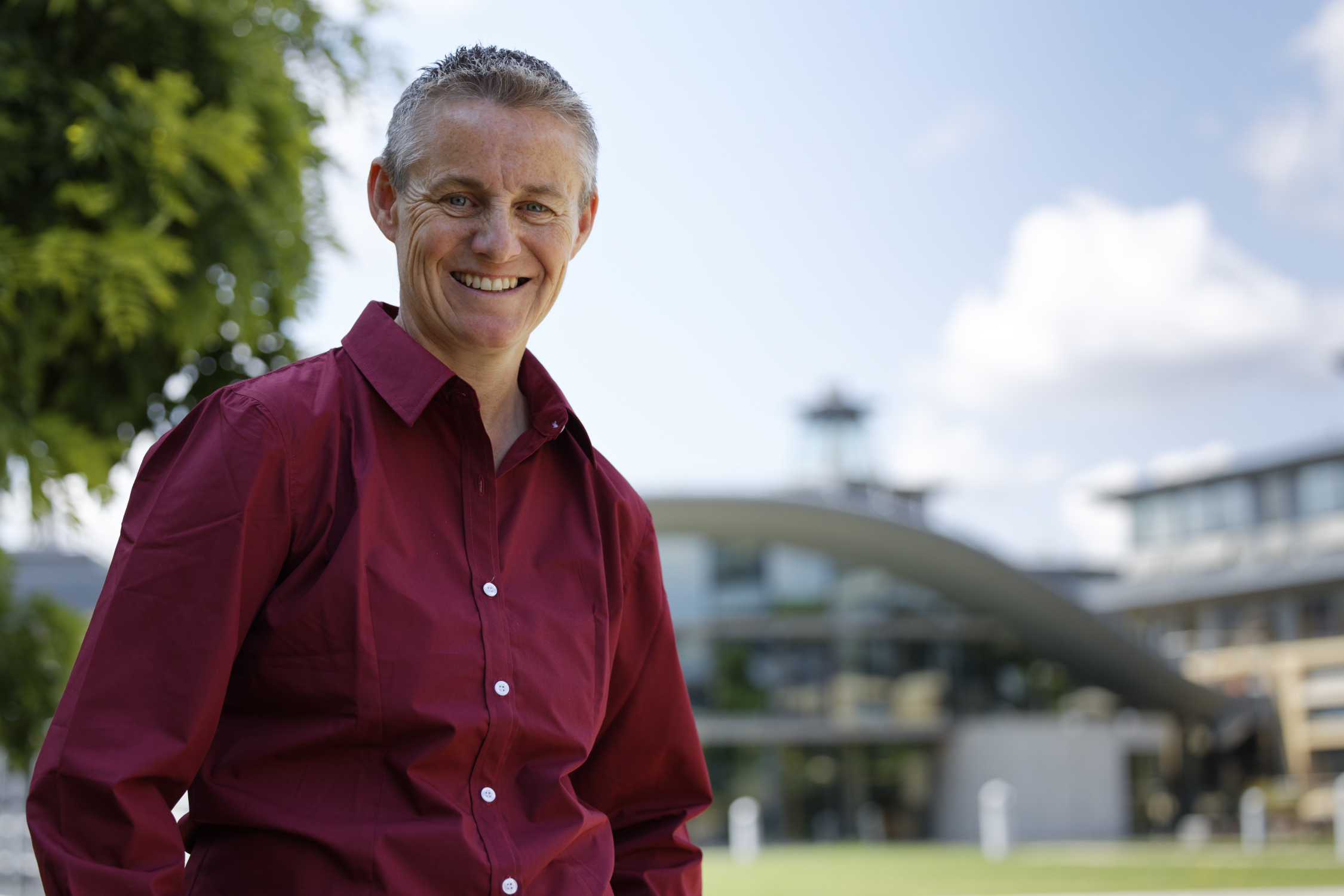

Recent Comments